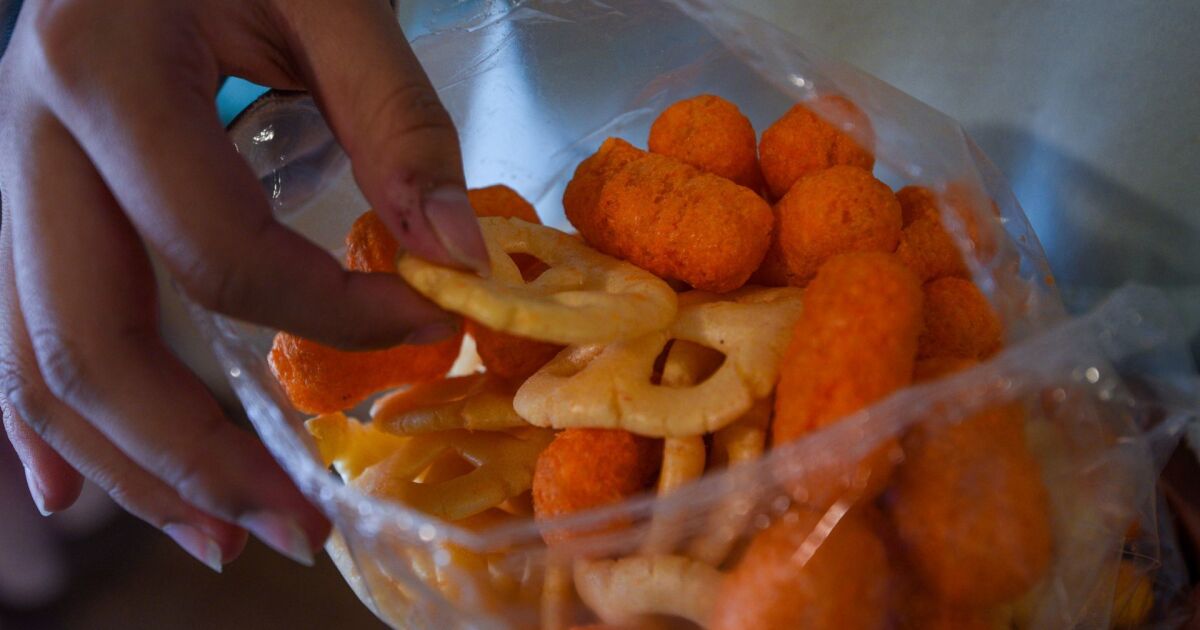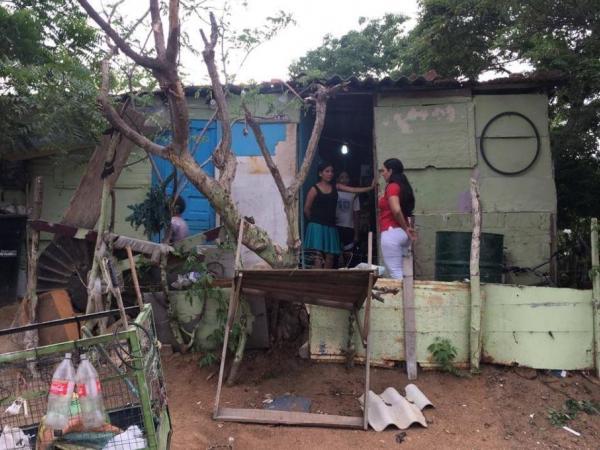Why do they continue to sell junk food in schools?
Although the law already provides that the sale of junk food in schools should be prohibited, it is estimated that junk food is still sold in nine out of 10 schools, according to civil society organizations such as El Poder del Consumidor and the Network for Children’s Rights in Mexico.
This situation is due to the fact that, although a period of no more than 180 days was set as of December 21, 2023 for the Ministry of Public Education (SEP) to issue the new general guidelines for the sale and distribution of prepared and processed foods and beverages in schools of the National Education System – which expired on June 17 – to date these guidelines have not yet been issued.
Therefore, in the absence of guidelines, the SEP has not yet established which foods can or cannot be sold inside and in the vicinity of schools.
Given the lack of guidelines on school food, last Monday, August 12, organizations requested that precautionary measures be taken so that school authorities avoid the sale of junk food in schools during this school year, and instead, guarantee the sale of fresh, natural, local and healthy products and foods.
Thus, in general, until now the recommendations of organizations such as the United Nations Children’s Fund (UNICEF) and the World Health Organization (WHO) recommend that all foods with high levels of the following ingredients should be prohibited in schools:
- sodium
- salt
- sugars
- fats, particularly trans fatty acids.
Instead, what should be prioritized is the consumption of foods such as:
- whole grains
- vegetables
- fruit
- legumes
- nuts
- ensure the free availability of drinking water
Can sweets be sold or not?
Until the SEP issues general guidelines for the sale and distribution of prepared and processed foods and beverages in schools of the National Education System, the general recommendation is that sweets, soft drinks or salty snacks should not be sold in schools.

















